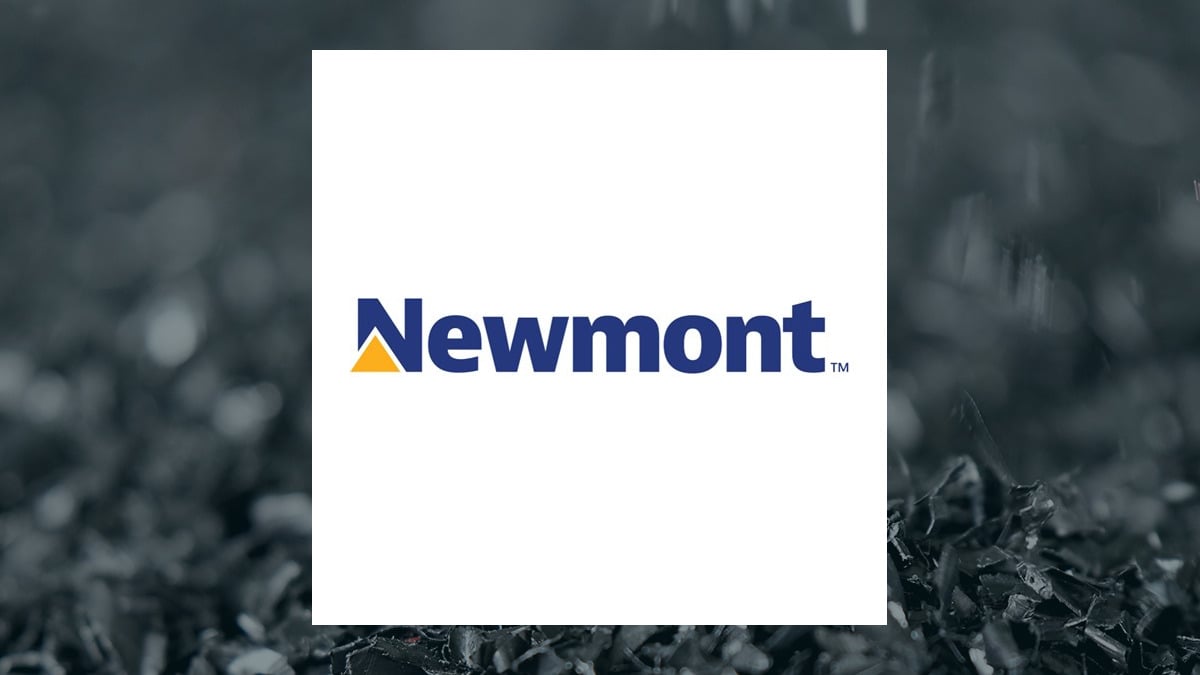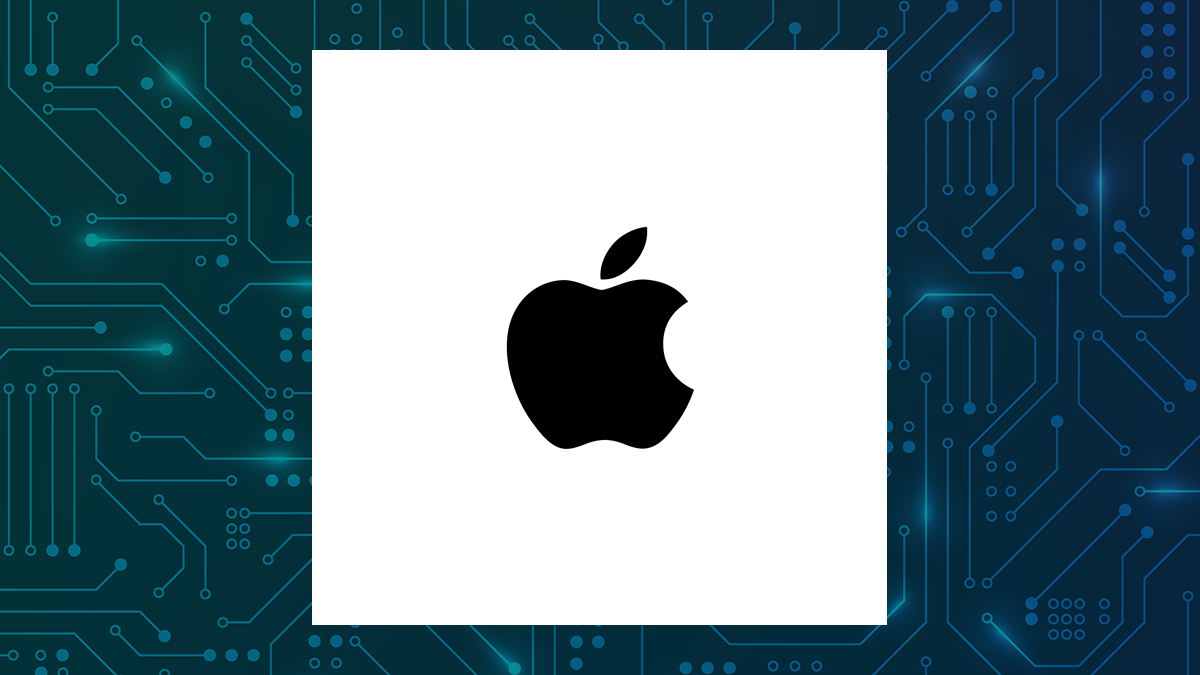
Mastercard has announced its vision to transform online shopping by 2030. It envisions a future where physical card numbers are no longer needed to make purchases. Where passwords or one-time codes are obsolete, and secure on-device biometrics enable seamless authentication across devices and websites, ensuring personal data stays on the device.
“This vision is already starting to become a reality in key countries and is set to be ubiquitous within a few years,” Mastercard said in an announcement from its United States’ offices last week. “By 2030, Mastercard aims to eliminate the need to manually enter cards and static or one-time passwords by combining tokenisation, introduced ten years ago to protect personal data and payment details, with biometric authentication for a secure and frictionless payment experience. By doing so, Mastercard aims to ensure that every online transaction on its network can be tokenised and authenticated, making the online payment process more seamless and secure,” the company stated.
Despite the advancement of next-generation digital payment solutions, online shopping still faces challenges and friction points, Mastercard noted. “Fraud rates are seven times higher online than in physical stores, as criminals take advantage of exposed card numbers, creating problems for individuals and huge losses for merchants and issuers. Additionally, according to a Mastercard study, nearly two-thirds of shoppers still struggle when manually entering their card details, and 25% of shopping carts are abandoned because the checkout process is too complex or slow.
This vision, which paves the way to safer and faster payments for all, also opens a new era for physical cards, making cards without numbers the norm, further reducing the risk of fraud in case of loss or theft,” Mastercard explained. Mastercard technology is already speeding up the online checkout process for businesses. Today, tokenisation is reducing cart abandonment and increasing transaction approval by three to six percentage points across all regions, generating up to US$2 billion in additional sales globally each month, the company stated.
“It also minimises the risk of fraud. These advancements bring significant benefits to the broader ecosystem, including banks, consumers, and businesses,” it added. “Just like the transition from signing and swiping to tapping cards, we’re now moving from manual entry and passwords to secure, frictionless payments in just a few clicks.
With this shift, we’re protecting sensitive data using advanced encryption and tokenisation technologies,” said Jorn Lambert, chief product officer, Mastercard. “As payments continue to become integrated into diverse commerce experiences, we’re leading the way toward a global economy that empowers everyone—giving consumers greater control, convenience and peace of mind, while driving new sales for merchants and reducing fraud for issuers.” Silvana Hernández, executive vice president of Core Payments for Mastercard for Latin America and the Caribbean said in the statement: “Consumers in Latin America and the Caribbean are turning to digital solutions for financial services that improve their lives, and we are pleased to see so many partners adopting technologies that are increasing trust in digital payments and elevating the online shopping experience to a new level.
” A key part of this commitment to integrate these new technologies by 2030 is continued collaboration and momentum across the payments ecosystem, the company stated. Mastercard said it is working with a variety of players in Latin America and the Caribbean to implement and scale these technologies: • Today, more than 30% of Mastercard transactions worldwide are tokenised through the Mastercard Digital Enablement Service (MDES ), with key markets such as India approaching 100% in e-commerce. Latin American players have embraced this technology, with almost 100% of issuers enabled to implement it in the payment process.
• The Mastercard Payment Passkey service, which was initially launched for millions of consumers in India, Singapore and the United Arab Emirates, continues to expand globally. In Latin America, Sympla in Brazil and Yuno, a global payments orchestrator, are ready to begin implementing it. • Click to Pay is expanding rapidly as issuers such as Santander and Inbursa in Mexico, and Banco Inter and Carrefour Bank in Brazil, among others, are enrolling their card portfolios.
Acquirers, payment service providers and other channel partners such as Adyen, Prestashop and Yuno are also enabling this technology. In addition, consumers are already using Click to Pay to make everyday purchases at merchants such as Arcos Dorados in Brazil, Chile and Mexico; Clic in Colombia; Viva in Mexico; and soon Ingresso.com in Brazil.
“Mastercard continues to innovate at the pace of life—delivering solutions and partnerships that drive real advancements. This move builds on several Mastercard efforts to reinvent the card—in 2021, the company was the first payment network to formally phase out the magnetic stripe in favour of newer, more secure technologies,” the payment card services company said..














